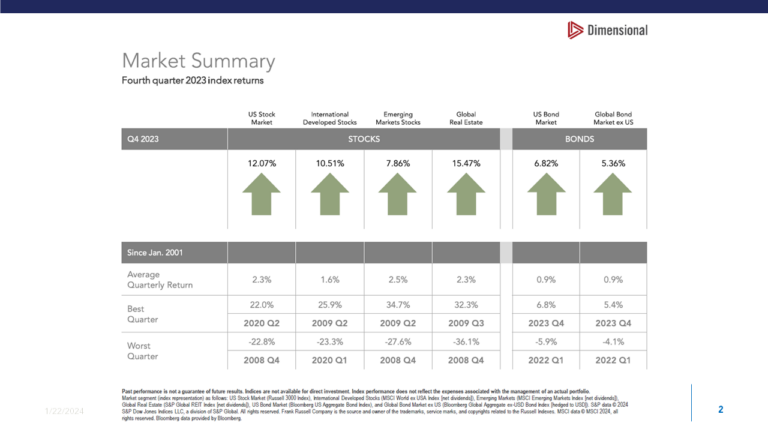While engaged couples focus plenty of attention on how to save for a wedding, many overlook the critical planning required to have financial success after the big day.
Get to know the basics
Primarily, you and your future spouse should discuss the basics of your financial situation before you get married. Have at least a basic understanding of your mutual assets and liabilities. This information is vital to assess how your current situation will affect future goals and to set expectations on how you plan to work together to meet them. If you plan to buy a home shortly after the wedding, but have not saved enough for a down payment, you can adjust your spending accordingly to incorporate this goal. It is also important to recognize when prenuptial arrangements should be discussed, because spouses are likely entering the marriage with significantly different financial situations. Getting married may also affect your student loan payments if you are on an income-based repayment plan.
Talk about your values
Addressing differences in you and your future spouse’s approach to spending is critical. For example, your spouse might prefer spending money on the latest gadgets or brand name clothes while you could live without them. Or you may value the time and effort required to complete do-it-yourself tasks around your home, while your spouse might prefer to spend the money and hire a contractor. One of you may be opposed to taking on debt or be very concerned with an adequate emergency fund, while the other wants to live life on the edge. Your difference in values will effect what you choose to do as a couple with your resources.
Set your goals
Setting achievable common goals is essential to building a platform for financial success. Without goals and a set strategy, you might reach your destination by luck. Do you really want to leave that up to chance? Gambling with your future is never advisable. To achieve financial success you need to define what that means to you and outline steps to get you there. Your goals will be a point of reference you always come back to when making decisions. Ask the question, does this purchase or action get me closer to or further from where I want to be? Short term goals that are easily achieved typically occupy the forefront of your mind, while long term goals are often pushed aside in favor of instant gratification. Combat this tendency by fragmenting long-term goals into a series of short-term segments to keep yourself motivated and constantly achieving. Start to influence your future today by determining exactly what it is you want and how to get there.
Make a game plan for splitting costs
Your current strategy for splitting expenses (assuming you’re a dual income household) may work while you are dating, but might not work during your marriage. Large expenses are inevitable and often come along with home ownership and children. Couples use various strategies to pay for their expenses, splitting costs down the middle, paying according to the ratio of household income each individual makes, or just depositing paychecks into a joint account and spending from there. There is no right or wrong way to split your finances; pick what is best for you. Keep an eye out for trigger points throughout your marriage that might change your spending patterns and how you feel about your finances. Experiences like changing jobs, getting big pay raises, and good or bad investment experiences can change the financial dynamic with your spouse. Recognize and discuss changes before they become an issue.
Plan for today and tomorrow
Think of all the effort you’ve invested into your life at this moment: schooling, career training, and finding the person you want to spend the rest of your life with are all investments of time and energy. We often spend far less time thinking about protecting what we build in life. You should discuss with your spouse and a professional if life insurance and disability insurance are appropriate for you. When you get married, your future spouse may be relying on your income and future earning potential to maintain their current lifestyle. You should discuss various estate documents like a will, power of attorney, and health care proxy with an attorney because you never know what tomorrow might bring. Often these items are ignored until later in life, but anything can happen, and if you ever need them you will be glad you have these protections in place.
Ask for help
You should not hesitate to ask for help when you need it, whether it is financial help or marriage counseling. Don’t wait for an issue to become a huge problem before seeking help. These third parties can bring a different point of view and hopefully mediate a resolution. Financial advisers can have different qualifications and can have different compensation structures so there is a bit of homework that needs to be done to find the right person to work with. You can search for an advisor through various websites like National Association of Personal Financial Advisors (NAPFA) and the CERTIFIED FINANCIAL PLANNER™ website. A Financial advisor can give your guidance on whether you’re saving enough and let you know if you are on track to reach your financial goals.
Elise Murphy, CFP®
Financial Advisor


